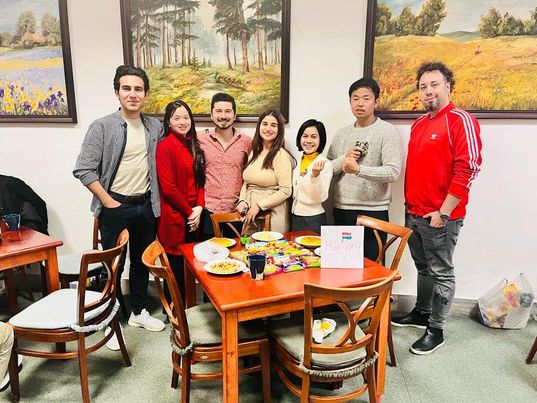I could clearly see how great a role emotional intelligence plays in social work…
I went to the training because of the challenges increasing in my daily job – related to the integration of children from Ukraine into the Polish education system. I travelled to the picturesque village in the north of the Czech Republic aiming to meet people engaged in minority issues – to see their perspective: problems, ways of thinking and acting, as well as to learn new techniques for working with both refugees and the local community. During this training, I learned that we can’t change people. It’s ridiculous to expect someone to feel, think and behave differently – because we offer them help. The greatest responsibility in working with people is to control one’s own emotions, thoughts and reactions primarily. I could clearly see how great a role emotional intelligence plays in social work, and how often it’s overlooked.
I was glad that the trainer leading the workshop was prepared content-wise and methodologically. Despite a difficult group, he tried to facilitate our work almost until the very end. It was a pity that the theatre workshop, which was supposed to be the main theme of our meetings, was reduced in time – in favour of a whole day dedicated to going out to a nearby school. I think that the visit to the school was unnecessary. From the training’s topic point of view – even completely random. What’s more, I didn’t like the training participant’s behaviour during this visit – especially taking selfies with seven-year-old children during open classes and posting them on their social media.
A “funny” situation during the project was a moment in which I felt I was literally climbing a generational barrier in the form of a row of faces hidden behind smartphones. I expected to have more in common with the trainees than with the students I work on a daily basis. It turns out that communication may be a barrier not only in the case of deficiencies in English – I believe that the communication barrier with many of the trainees was primarily an insufficient level of interest in the topic covered.
I judge the cooperation with the LEVEL UP organisation positively.
I encourage you to take part in non-formal education mobilities because it’s worth getting to know other people’s points of view and learning something new form every person you meet. I recommend international trips to everyone – they are an excellent way of refining your standards and working methods.
Sylwia, 30 years old, Training in Bruntal – “ADVOCACY FOR YOU(TH)!“


